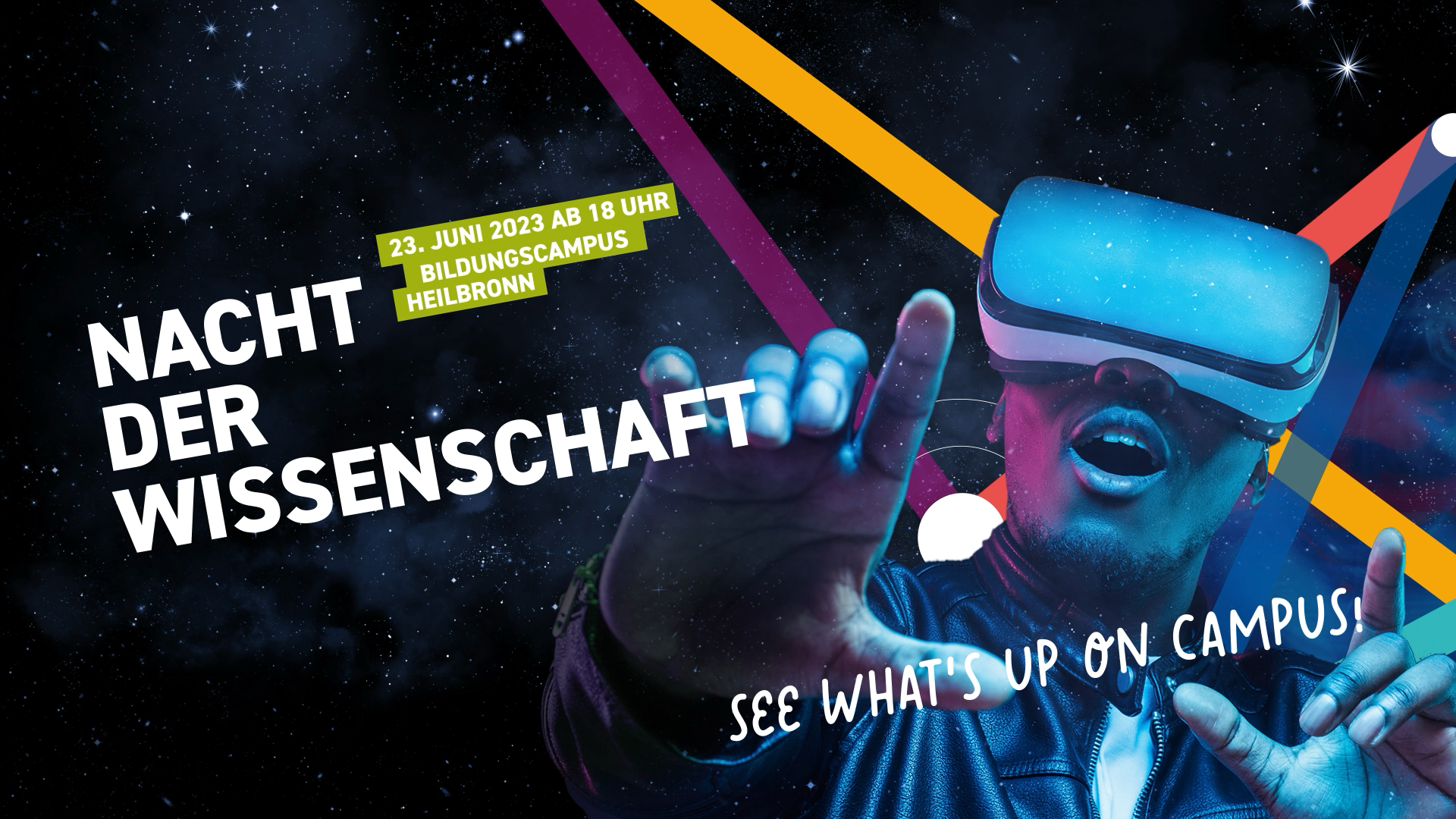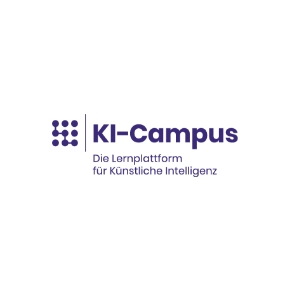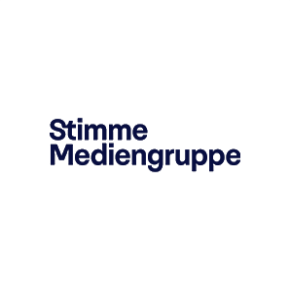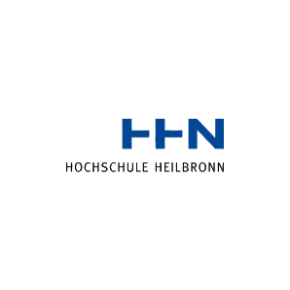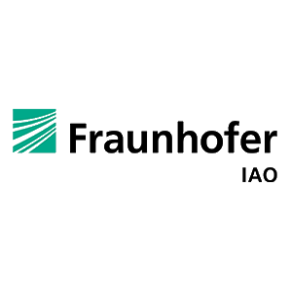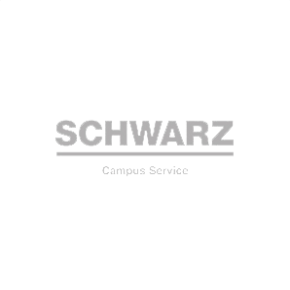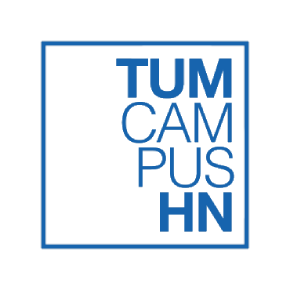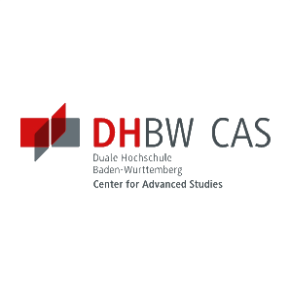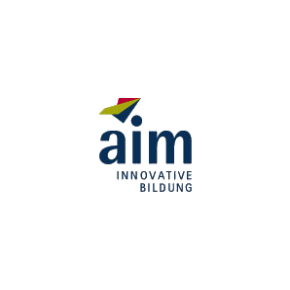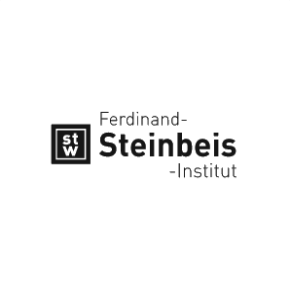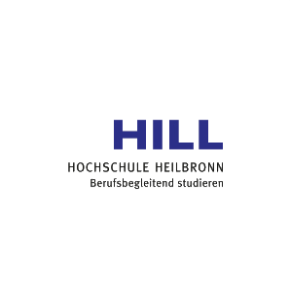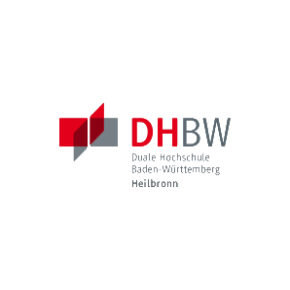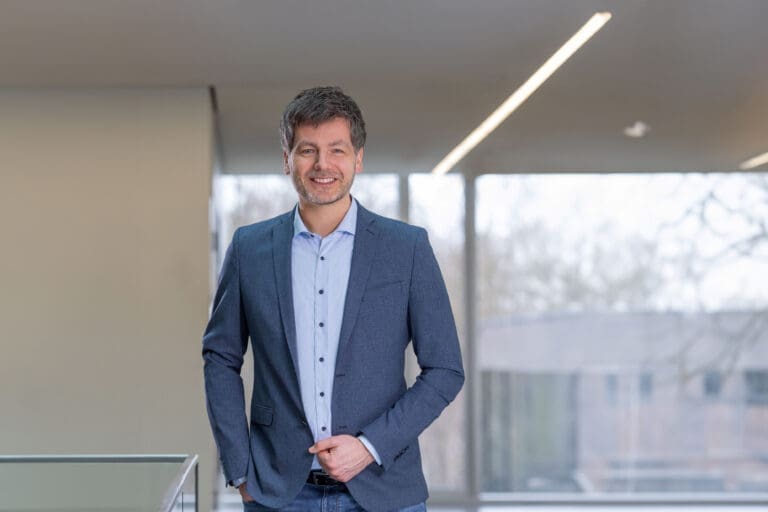
Digitale Dimensionen: TU München Campus Heilbronn erforscht das Einkaufserlebnis der Zukunft
Von Robert Mucha, Foto: TUM Wie beeinflusst die virtuelle Realität unser Kaufverhalten? Prof. Dr. Martin Meißner und sein Team am…

Heilbronner Horizonte: Hochschule Heilbronn eröffnet neue Wege zur Promotion
Von Robert Mucha, Foto: DallE/Robert Mucha In Heilbronn werden Wissenschaftsträume wahr: Mit dem neuen Promotionsrecht setzt die Hochschule Heilbronn Maßstäbe…

Das 3. KI-Festival in Heilbronn: Eine Brücke zwischen Mensch und Maschine
Von Robert Mucha, Foto: Privat Zum dritten Mal verwandelt das KI-Festival Ende Juni Heilbronn in ein Zentrum der digitalen Innovation.…
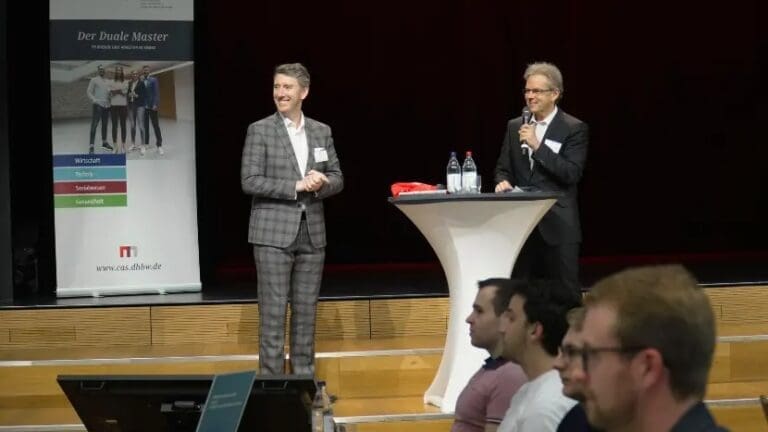
Neues Semester, neue Gesichter: Wie die DHBW CAS ihre Erstis in Heilbronn begrüßt
Von Robert Mucha, Foto: DHBW CAS Heilbronn erlebt einen Frühling voller neuer Möglichkeiten: Die DHBW CAS hat ihre Tore für…

„ProfiPlus@HHN“: Neue Horizonte für internationale Akademiker in Heilbronn
Von Robert Mucha, Foto: DallE/Robert Mucha Mit dem innovativen Projekt „ProfiPlus@HHN“ setzt die Hochschule Heilbronn neue Maßstäbe in der Integration…
Projekte
Mit unserer Community-Aktivität KI@wissensstadt bieten wir unseren Mitgliedern eine Community-Plattform, die neben dem persönlichen Kontakt, Austausch und Kooperationsmöglichkeiten untereinander auch eine gemeinsame Website mit Ansprechpartnern und Leistungsportfolio-Übersicht (ki.wissensstadt.hn) zur Verfügung stellt…
Forschung erleben, Wissen schaffen, Zukunft gestalten – das ist das Motto des Urban Innovation Hub in der Heilbronner Innenstadt. Das UIH! ist ein offenes Innovationslabor im Herzen von Heilbronn und möchte Forschung und Praxis mit interaktiven Formaten näher bringen sowie diese für jeden erlebbar, greifbar und verständlich machen…
WoMent – Crossmentoring für Frauen bietet Studentinnen der Heilbronner Hochschulen die Möglichkeit, Einblick in den Berufsalltag einer Führungskraft aus Wirtschaft oder Wissenschaft zu erhalten und von den Erfahrungen einer berufserfahrenen Person zu profitieren…
Aktuelles aus unserem Blog

Das 3. KI-Festival in Heilbronn: Eine Brücke zwischen Mensch und Maschine
Von Robert Mucha, Foto: Privat Zum dritten Mal verwandelt das KI-Festival Ende Juni Heilbronn in ein Zentrum der digitalen Innovation.…

Digitale Dimensionen: TU München Campus Heilbronn erforscht das Einkaufserlebnis der Zukunft
Von Robert Mucha, Foto: TUM Wie beeinflusst die virtuelle Realität unser Kaufverhalten? Prof. Dr. Martin Meißner und sein Team am…

Heilbronner Horizonte: Hochschule Heilbronn eröffnet neue Wege zur Promotion
Von Robert Mucha, Foto: DallE/Robert Mucha In Heilbronn werden Wissenschaftsträume wahr: Mit dem neuen Promotionsrecht setzt die Hochschule Heilbronn Maßstäbe…


